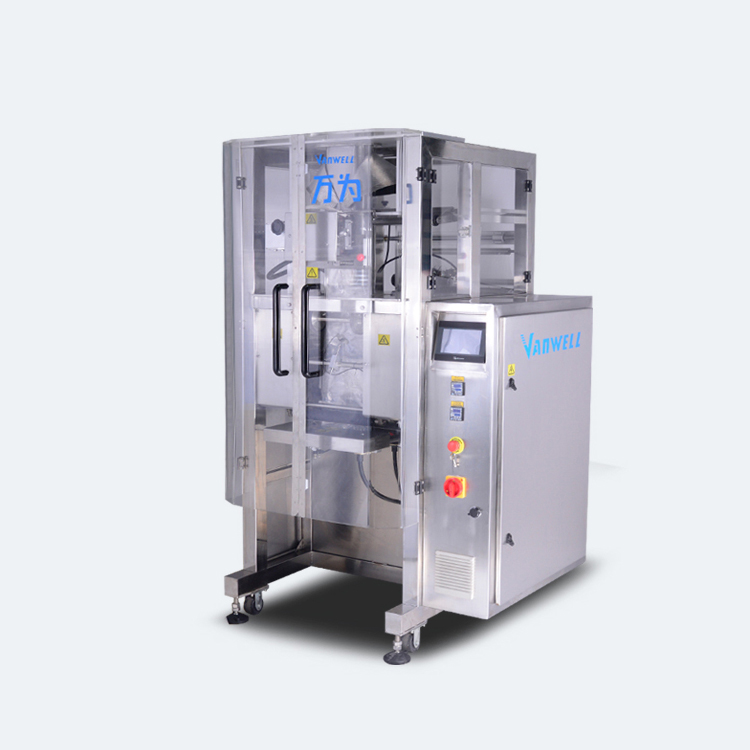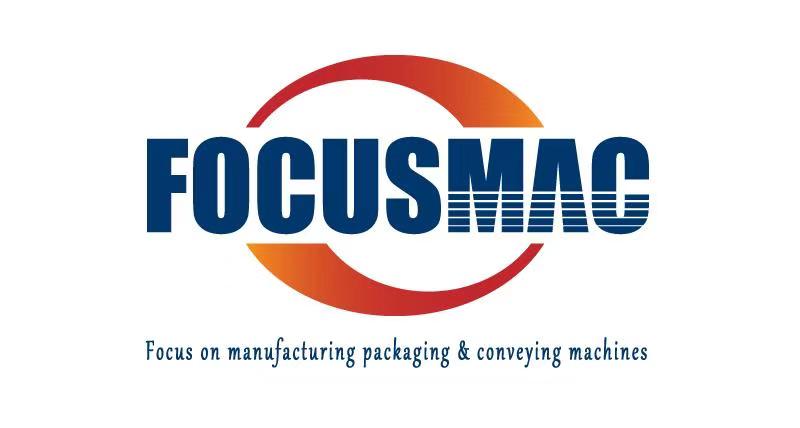What Can Be Packaged by Liquid Packing Machines?
Liquid packing machines are designed to fill containers with various types of liquid products, making the packaging process easier and more efficient. The range of products that can be packaged using liquid packing machines is vast, including both food and non-food items.
Liquid packing machines are commonly used in the beverage industry to package water, juices, soft drinks, energy drinks, and alcoholic beverages such as beer and wine. These machines can handle a variety of bottle sizes and shapes, from small single-serve bottles to large gallon jugs.
Liquid packing machines are also used to package sauces and dressings, such as ketchup, mayonnaise, mustard, salad dressings, and hot sauces. These products come in a variety of viscosities, and different types of machines are used to handle them. For example, a vacuum-filling machine may be used for thick sauces, while a piston-filling machine may be used for thinner dressings.
Liquid packing machines are commonly used in the cleaning product industry to package products such as laundry detergents, fabric softeners, and cleaning solutions. These products often come in different sizes and packaging materials, such as plastic bottles and pouches.
Liquid packing machines are used in the pharmaceutical industry to package liquid medicines such as cough syrups, pain relievers, and vitamins. These machines are designed to handle sensitive and viscous products and can be customized to meet specific requirements, such as sterilization.
Liquid packing machines are used in the chemical industry to package various types of chemicals, such as adhesives, oils, and lubricants. These products often require precise measurements and accurate filling to ensure safety and consistency.
Liquid packing machines are used in the personal care industry to package products such as shampoos, conditioners, body washes, and lotions. These products come in various sizes and packaging materials, such as plastic bottles, tubes, and pouches.
Liquid packing machines are used in the food industry to package products such as honey, syrup, vinegar, and cooking oils. These products often require specialized machines to handle their viscosity and texture.
Liquid packing machines are used in the dairy industry to package milk, yogurt, and other dairy products. These products require a high level of hygiene and safety, and the machines used to package them are often designed with features such as clean-in-place systems to ensure optimal hygiene.

Automatic liquid packing machines can package a wide range of products, including beverages, sauces, cleaning products, pharmaceuticals, chemicals, personal care products, food products, and dairy products.
These professional liquid packing machines offer numerous benefits, including improved efficiency, consistency in product quality, and cost savings.
With the right machine, businesses can streamline the packaging process, increase productivity, and ultimately grow their bottom line. When choosing a liquid packing machine, it is important to consider factors such as product type, production capacity, packaging material, cost, maintenance requirements, and technical support.
Beverages
Liquid packing machines are commonly used in the beverage industry to package water, juices, soft drinks, energy drinks, and alcoholic beverages such as beer and wine. These machines can handle a variety of bottle sizes and shapes, from small single-serve bottles to large gallon jugs.
Sauces and Dressings
Liquid packing machines are also used to package sauces and dressings, such as ketchup, mayonnaise, mustard, salad dressings, and hot sauces. These products come in a variety of viscosities, and different types of machines are used to handle them. For example, a vacuum-filling machine may be used for thick sauces, while a piston-filling machine may be used for thinner dressings.
Cleaning Products
Liquid packing machines are commonly used in the cleaning product industry to package products such as laundry detergents, fabric softeners, and cleaning solutions. These products often come in different sizes and packaging materials, such as plastic bottles and pouches.
Pharmaceuticals
Liquid packing machines are used in the pharmaceutical industry to package liquid medicines such as cough syrups, pain relievers, and vitamins. These machines are designed to handle sensitive and viscous products and can be customized to meet specific requirements, such as sterilization.
Chemicals
Liquid packing machines are used in the chemical industry to package various types of chemicals, such as adhesives, oils, and lubricants. These products often require precise measurements and accurate filling to ensure safety and consistency.
Personal Care Products
Liquid packing machines are used in the personal care industry to package products such as shampoos, conditioners, body washes, and lotions. These products come in various sizes and packaging materials, such as plastic bottles, tubes, and pouches.
Food Products
Liquid packing machines are used in the food industry to package products such as honey, syrup, vinegar, and cooking oils. These products often require specialized machines to handle their viscosity and texture.
Dairy Products
Liquid packing machines are used in the dairy industry to package milk, yogurt, and other dairy products. These products require a high level of hygiene and safety, and the machines used to package them are often designed with features such as clean-in-place systems to ensure optimal hygiene.

Conclusion
Automatic liquid packing machines can package a wide range of products, including beverages, sauces, cleaning products, pharmaceuticals, chemicals, personal care products, food products, and dairy products.
These professional liquid packing machines offer numerous benefits, including improved efficiency, consistency in product quality, and cost savings.
With the right machine, businesses can streamline the packaging process, increase productivity, and ultimately grow their bottom line. When choosing a liquid packing machine, it is important to consider factors such as product type, production capacity, packaging material, cost, maintenance requirements, and technical support.
